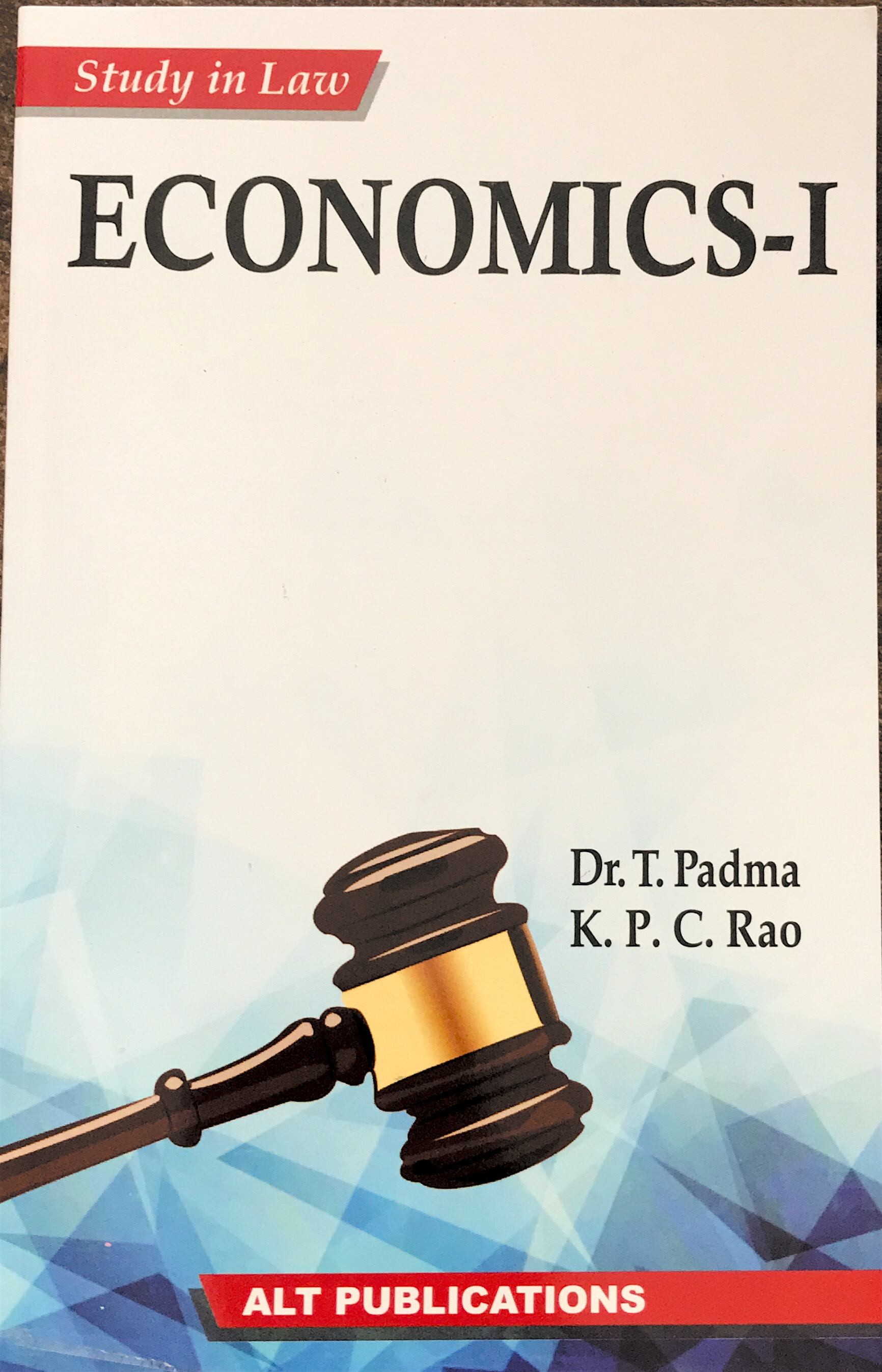‘Economics’ is the social science of satisfying unlimited wants with scarce resources. It is concerned with the satisfaction of human wants and related to production, consumption and distribution of resources in the economy among individuals and groups. Economics, these days touches every one, whether he is an employee, a businessman, a tailor, an advocate, a labourer, a banker or a house-wife. Our activities to generate income are termed as economic activities, which are responsible for the origin and development of Economics as subject. Economics was originally introduced as a science of statecraft. It was concerned with the collection of revenue for the State i.e., government. Advisors to the government were also required to point out the best possible way of spending the revenue. Economic writings date from earlier Mesopotamian, Greek, Roman, Indian, Chinese and Arab civilizations. Notable writers from antiquity through to the 14th century include Aristotle, Xenophon, Chanakya (also known as Kautilya).
The growth of trade, industry and commerce after industrial revolution in the eighteenth century required that the functions of the state should be specified. Wealth was identified as the source and means to satisfy our various wants, so wealth was emphasised. Adam Smith, generally known as the father of Economics defined Economics as ‘science of wealth’. Political economy emerged as the result of the efforts to define functions of the state.
The concept of Economics has been changing during different stages of developing Economics as subject and the different concepts emerged are: 1) Wealth concept 2) Welfare concept 3) Scarcity concept and 4) Development concept. Publication of Adam Smith’s The Wealth of Nations in 1776, has been described as “the effective birth of economics as a separate discipline.” In this book he identified land, labour, and capital as the three factors of production and the major contributors to a nation’s wealth. Current economic models developed out of the broader field of political economy in the late 19th century, owing to a desire to use an empirical approach more akin to the physical sciences.
Economics has got both theoretical and practical significance. The study of Economics helps us to understand the concepts of national income, employment, consumption, savings, capital formation, investment, price mechanism, demand and supply etc. It also enables us to understand the fiscal, monetary and industrial policy of the government. ‘Economics’ aims to explain how economies work and how economic agents interact. Economic analysis is applied throughout society, in business, finance and government, but also in crime, education, the family, health, law, politics, religion, social institutions, war, and science. Law and economics, or economic analysis of law, is an approach to legal theory that applies methods of economics to law. It includes the use of economic concepts to explain the effects of legal rules, to assess which legal rules are economically efficient, and to visualise what the legal rules will be.
In this book, apart from examining the behavior of basic elements in the economy, including individual markets and agents (such as consumers and firms, buyers and sellers), we have covered the topics like control of monopolies and prevention of economic concentration, banking and fiscal policy, International Financial Institutions, etc., This book provides a short cut to the students of the 5 year law degree course to enable them to get a broad understanding of the topics that would be covered under the revised syllabus with effect from the academic year 2009-2010.
We owe our gratitude to Mr D. Durga Prasad, LL.B, FCS, for his personal attention, inputs and technical support. Our thanks are also due to Mr. M. Venkateswarlu for his wholehearted and efficient secretarial support in bringing out this Book.
